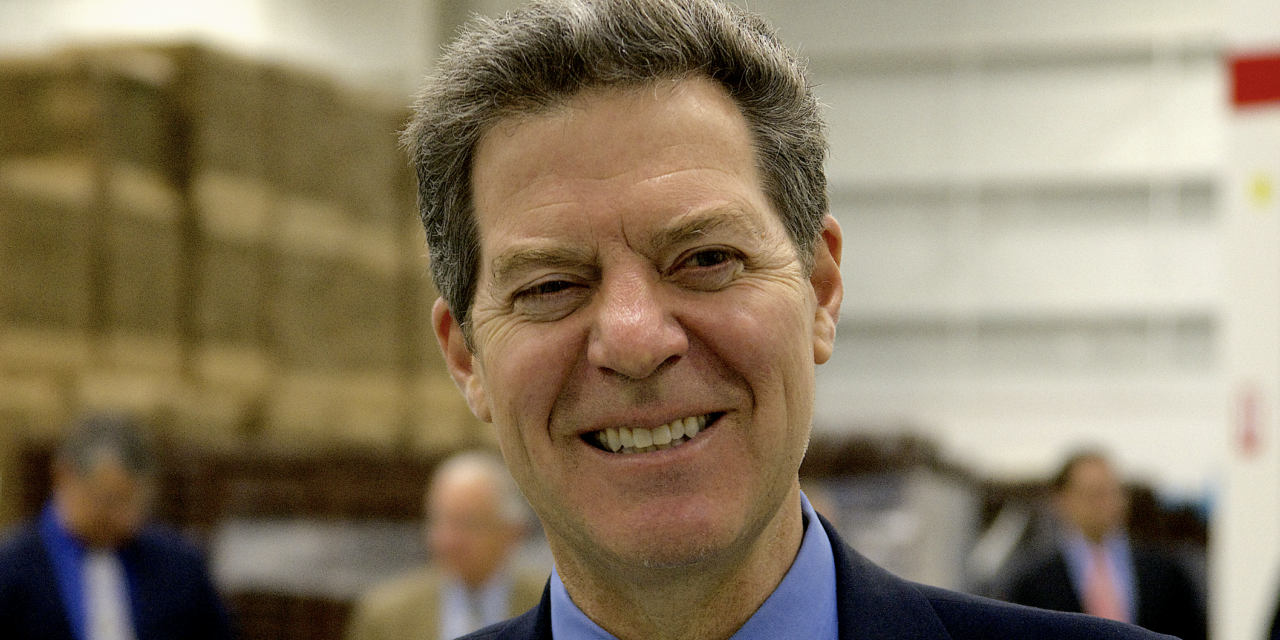The Honorable Sam Brownback is, by anyone’s definition, a conservative icon in the state of Kansas and on the national scene. He’s held numerous positions in Kansas state government, including governor, and also served in Congress as the state’s senator from 1996-2011. He even briefly ran for President in 2008.
He has always been a stalwart defender of religious freedom, and even served as the U.S. Ambassador-at-Large for International Religious Freedom from 2018 to 2021.
That’s why it’s no surprise that Brownback would be tagged to lead a national organization emphasizing religious freedom, the National Committee for Religious Freedom (NCRF). A 501(c)(4) political action nonprofit, the NCRF defends religious freedom by identifying and supporting elected officials and candidates who are committed to upholding the First Amendment of the U.S. Constitution.
Three weeks after NCRF opened a checking account with JP Morgan Chase & Co., however, it received a letter notifying the nonprofit that Chase had decided to “end their relationship” with NCRF and that its account would be closed. Actually, according to Brownback writing in the Washington Examiner on October 6, the bank had already closed the account by the time the letter reached NCRF.
And then things got really bizarre. And worrisome for conservatives concerned about today’s “cancel culture.”
When the executive director of NCRF called Chase to see what the problem was, he was told there was a “note in the file” that read that “Chase employees were not permitted to provide any further clarifying information to the customer.”
Really?
As you can readily imagine if your personal checking account were cancelled without warning, NCRF was left with a chain reaction that led to other financial service accounts being closed. It also gave the young organization a few other financial headaches. Fortunately, NCRF was able to open a new account with a different bank.
Wait, it gets stranger.
Eventually someone from Chase contacted NCRF’s executive director and told him that Chase would be willing to reconsider doing business with NCRF if the nonprofit would provide its donor list to the bank, a list of the candidates it would be endorsing, and an explanation of the criteria by which NCRF would choose to endorse candidates.
Excuse me? Does your bank ask you for a list of everything you donate to, or what politicians you support, or ask you how you decide to spend your money?
Brownback wants to know how commonplace this behavior is.
“Unfortunately, we do not believe this was the first time an organization has found itself facing sudden and unexplained account closures. Religious institutions, houses of worship, and people of all faiths should be greatly concerned that their business, credit, or even personal or private bank accounts could likewise be terminated for any or no reason at all,” Brownback wrote.
Ironically, according to Brownback, the CEO of JPMorgan Chase, Jamie Dimon, testified before the Senate Committee on Banking, Housing and Urban Affairs just last month about the wonderful freedoms we enjoy as Americans, including the freedom of religion.
“We live in the greatest country in the world predicated on foundational beliefs in freedom of speech, freedom of religion, freedom of enterprise, the sanctity of the individual, and the promise of equality and opportunity for all,” Dimon told the committee. “These core values are the fabric that bind us as Americans, where the best of what we are shines through, especially in times of adversity.”
But Chase’s actions speak louder than its CEO’s words, it seems, and the NCRF story is disturbing.
The NCRF has launched a #ChasedAway campaign that invites comments and testimonies from others who may have been canceled by financial institutions.
Unfortunately, NCRF’s experience is becoming more common as financial institutions take sides in the culture wars. And Chase’s name figures prominently in several of the news stories that keep surfacing.
Brownback said that if he were still in the Senate, he’d invite Dimon to come answer some questions.
“If I were still in the Senate, I certainly would be asking Dimon if he really meant what he said,” Brownback wrote. “Does he, and the bank he leads, truly respect religious freedom as a core value that binds America together? The recent actions of his bank would seem to suggest otherwise.”
Photo from Shutterstock.






